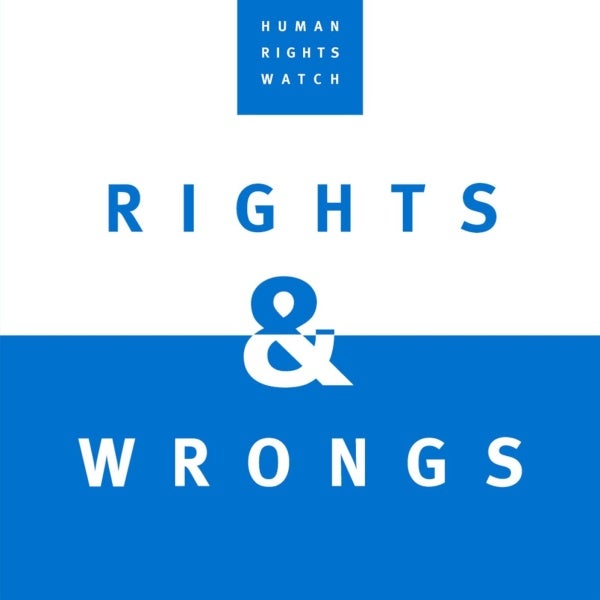Lire la version en français
“The struggle of man against power is the struggle of memory against forgetting.”
The observation by novelist Milan Kundera was initially about the situation in Communist Czechoslovakia, where politicians who fell from grace with the ruling party were airbrushed out of old photographs. The true historical record thereafter existed only in the memories of individuals.
On the 35th anniversary of the Tiananmen Massacre in China, the struggle between memory and forgetting looms large.
First, let us remember what happened. In spring 1989, there were peaceful gatherings of students, workers, and others in Beijing’s Tiananmen Square and other Chinese cities. People called for freedom of expression, accountability, and an end to corruption.
The government responded to the growing protests by declaring martial law, and then, on June 3 and 4, the military opened fire and killed untold numbers of peaceful protesters and bystanders.
After the killings, the government launched a massive crackdown and arrested thousands. The government has never accepted responsibility for the massacre or held any officials legally accountable for the killings. No investigations, no list of the names of the dead. Nothing.
The ruling Communist Party has spent the last three and a half decades trying to silence all mention of the massacre. They suppress any hint of discussion or commemoration in both China and Hong Kong, but those who remember continue to push back.
In April of this year, Xu Guang, a 1989 student leader, was sentenced to four years in prison for “picking quarrels and provoking trouble” after he demanded in 2022 the Chinese government acknowledge the Tiananmen Massacre. Xu was reportedly tortured in detention.
In recent weeks, authorities have stepped up police surveillance of relatives of victims of the massacre, and others connected to the 1989 democracy movement. Some activists have been forcibly taken from their homes.
Last week, Hong Kong police arrested seven people for so-called “seditious” posts regarding an “upcoming sensitive date.”
Regime threats and violence against those who remember make clear the events of 35 years ago are still highly relevant today. And the more China’s authorities attempt to suppress memory, the more they show just how frightened they are of its power.













